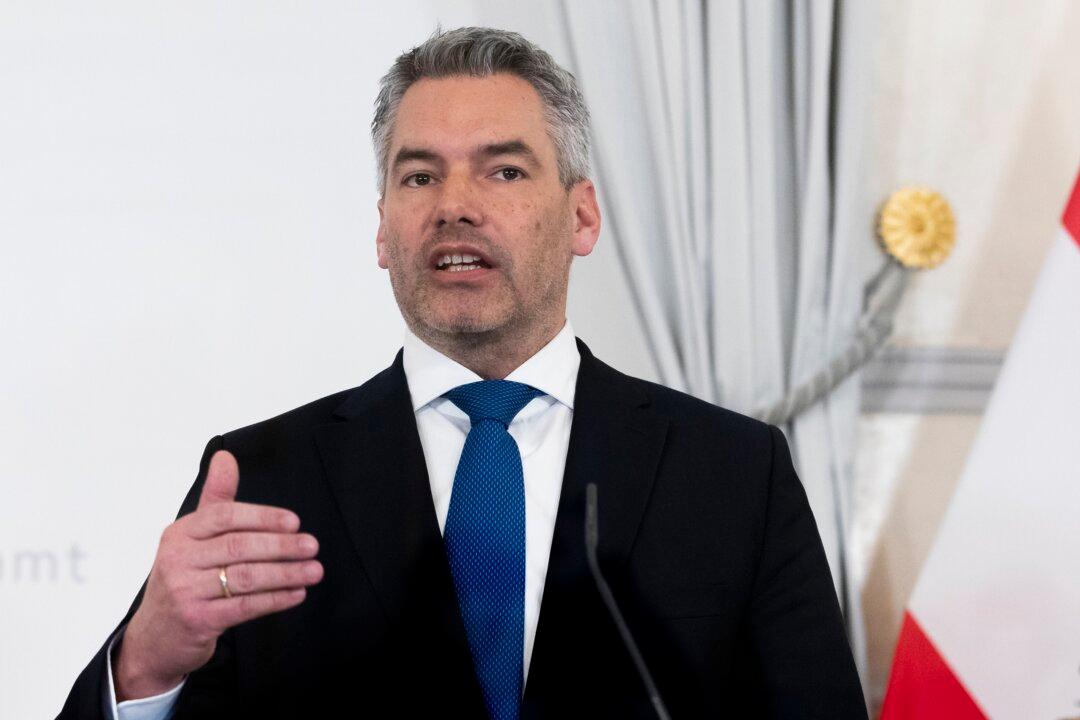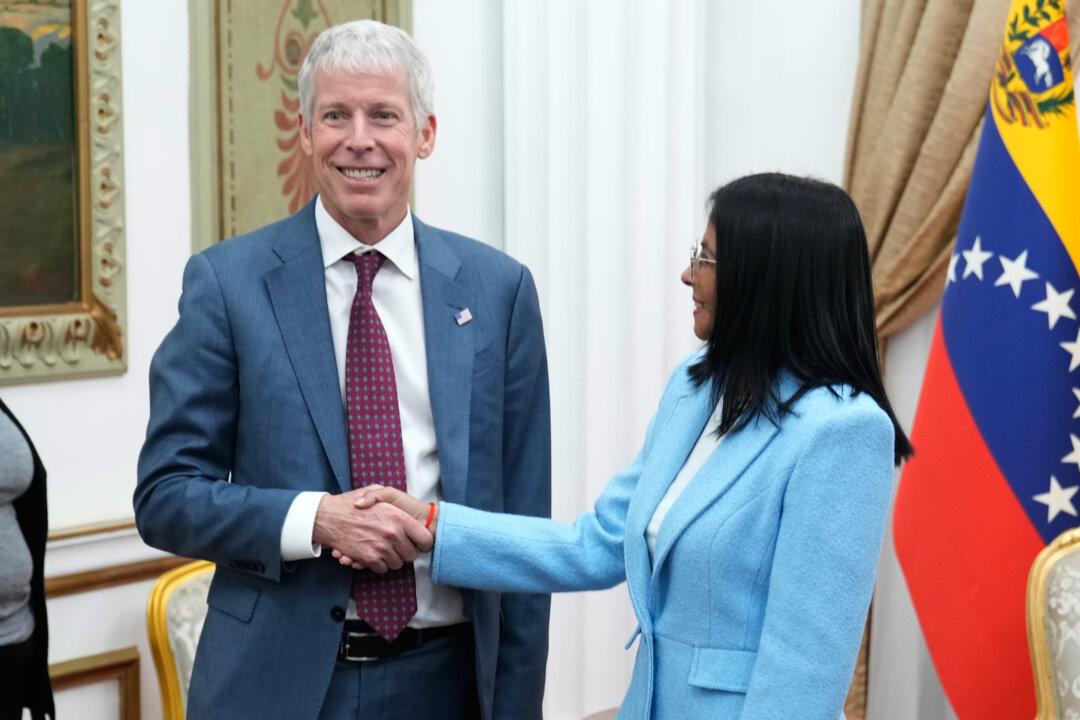The Austrian government and E-Control—the country’s regulatory agency for gas and electricity—have announced a stage one alert with regard to the supply of natural gas as European countries rejected Moscow’s push for gas to be paid in rubles.
Austria’s gas emergency plan has three levels. The first level is triggered if there are reliable indications that gas supplies could deteriorate while the second is activated when the gas supply actually deteriorates. In this scenario, the government will encourage industries to use alternative sources of power.





